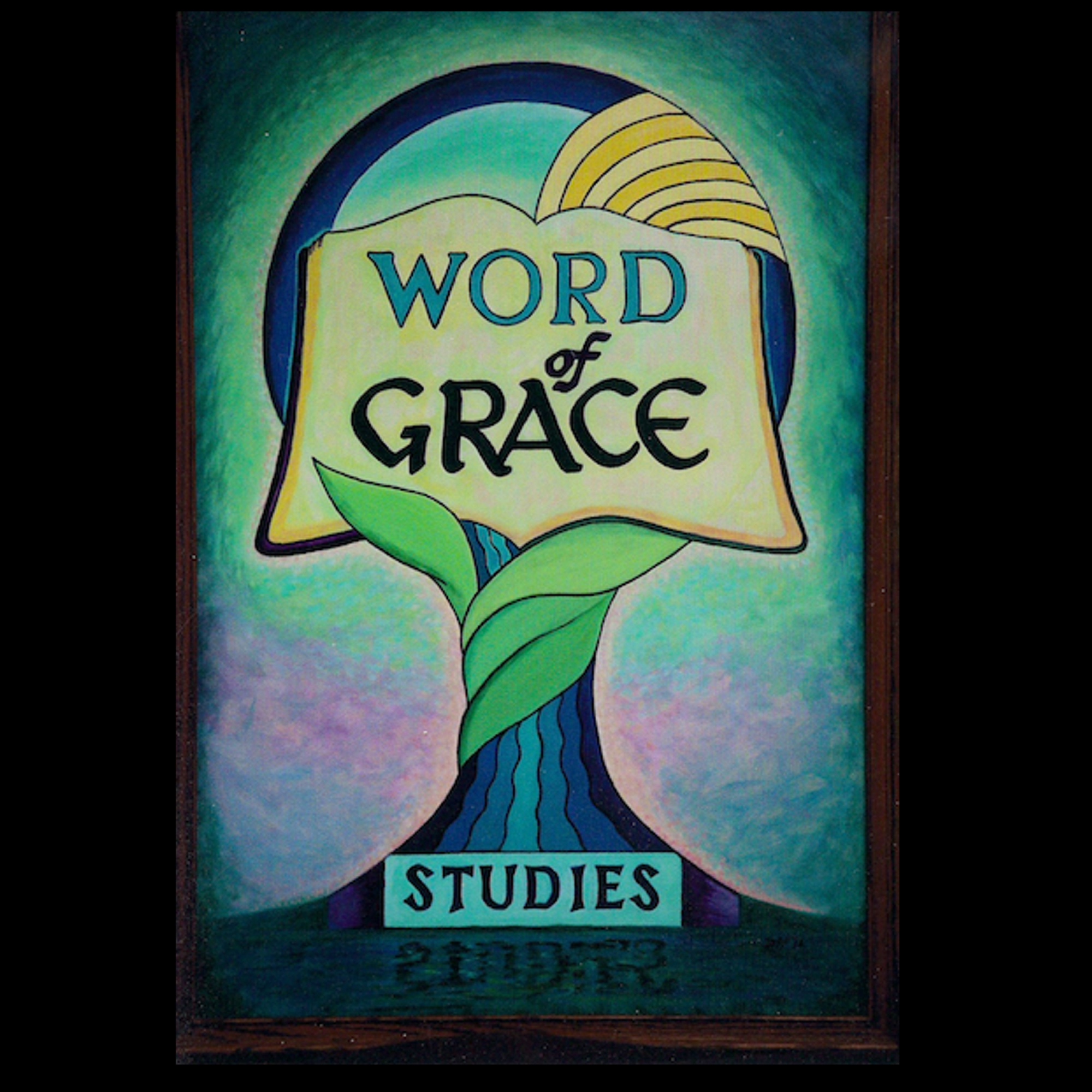Atonement (כפר – koper)
The primary meaning of atonement is “to cover”. Under the Mosaic Law, those who sinned had to make a sacrifice that would atone (cover) for their sin, in addition to a yearly atonement made by the High priest (Exodus 30:10) concerning any sins done unaware, for ignorance of the law was not an excuse for violating it.
In a Psalm of David, he writes of the God Who listens to prayer, covering our transgressions. For transgressions of the law had to be dealt with or death would come upon the one breaking it.
“Words of perversity are against me. Our transgressions You cover.” – Psalm 65:3.
Within the tabernacle, in the inner most chamber, God had the place of atonement where the High Priest would go once a year to offer a sacrifice for the sins of Israel. It is often mis-translated as the mercy seat; however, no mercy was being expressed here, rather, it was the covering place (הַכַּפֹּֽרֶת – kap-po-ret) for sins (Leviticus 16:15).
In the New Testament, atonement is only found in translation, not the original. There is a big difference between the blood of Christ compared to what the blood of bulls and goats could accomplish, for they do not inherently have the ability to send away sin (Hebrews 10:4).
Under the New Covenant, made through the blood of Christ, our sins are sent away not covered up. The Greek language has a word that expresses the same concept of covering as the Hebrew word for atonement; however, it is never used concerning Christ’s cross work. James uses it concerning the one who turns a sinner from his error, coving a multitude of sins (James 5:20). Therefore, if Christ had made an atonement for […]
